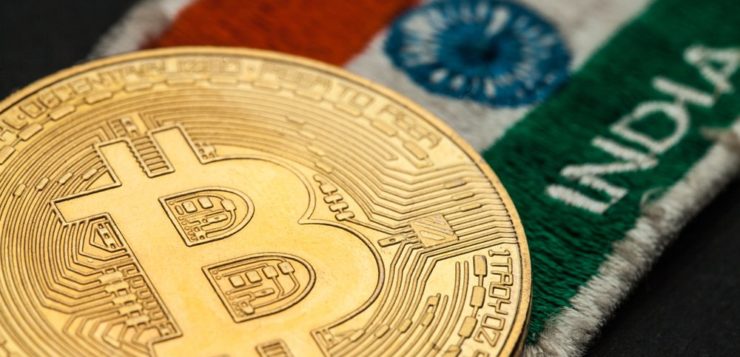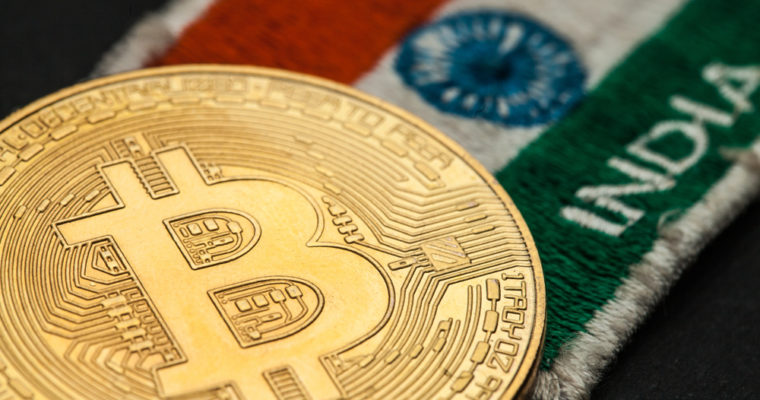
CCN had a conversation with Prashanth Swaminathan, the founding CEO of XDAT, a new Malta-based crypto exchange with eyes toward India and other markets.
A native of India, he is an adviser to the Eleven01 project, which is an attempt at developing a regulated native blockchain in the country.
Developing a Regulated Exchange in India with Fiat Pairs
Eleven01 enjoys support from several local government entities, as CCN has previously reported.
One aspect of the Eleven01 foundation is to create a regulated exchange in India as well. My particular involvement with Eleven01 is more focused on this side of things. And also to advise on financial aspects because of my background as an investment banker. […] While XDAT has applied for licensing from the Maltese regulators, we will also open a regulated exchange in India, and it will be a joint effort with Eleven01.
Swaminathan said that XDAT will help facilitate the token generation event that Eleven01 is still in the development stages for.
When Eleven01 does its TGE, then one of the exchanges that will list Eleven01 will be XDAT.
XDAT is still in the beta phases of development. This model is similar to the approach of Huobi. The goal of XDAT is to make things as simple as possible for new users. Swaminathan believes that most crypto exchanges today are too complicated for mass adoption.
We are only listing the most liquid coins on the market. We will not go about listing small market cap coins.
Indian Regulatory Landscape
CCN asked Swaminathan about the Indian regulatory environment. He had some insights only a person trying to do business there could provide.
On the blockchain side, it’s very pro. We hosted a conference late last year where the government also participated. [A] couple of state governments and the central government, and they all are on board for a blockchain initiative.
Cryptocurrency is quite a different matter. Now, it’s not illegal, and there are exchanges operating on a crypto-to-crypto fashion at this moment. However, the bank has concerns, and what they have done is asked the banks in India not to open accounts for crypto-related activities.
At this moment, they are working it out. And they are expected to come out with a regulatory framework for moving this forward. The three concerns they have in my mind are one, tax. Two, money laundering. And three, protecting investors.
Investment Banks to Enter Crypto Trading En Masse
XDAT’s CEO Swaminathan believes that investment banks will begin to trade cryptos publicly. He says the investment bank he used to work for, Morgan Stanley, has hired traders to look at how the firm can enter the crypto space. He worked there for ten years in London.
We know that Goldman Sachs has also been talking about opening a crypto desk and also they have invested in Circle, right? And also a couple of other blockchain companies. And you can also see Fidelity has come out as leaning toward opening a crypto trading desk as well. […] I think one of the big roadblocks they all have is the regulatory frameworks, coming from big countries like the UK or the US, where they have most of their activity. Once that is a lot more pronounced, I think we will see these firms entering that space en masse.
Bitcoin: a Great Inflation and Down Market Hedge
He says that Bitcoin will be a great store of value in the recession that many economists expect to come about within the next 18-24 months.
The one asset that did well in the last recession of 2008 was gold because people took to it as a flight of safety and also it was an inflation hedge because of its limited supply. There is no reason Bitcoin can’t perform the same function in a new recession.
Swaminathan cautions against price paranoia. He says if you look at the long-term and remove the bubble of 2017, Bitcoin is doing very, very well. Market players need to focus on increasing user adoption, as he believes that wider adoption is crucial both for a higher price (spurred by higher demand) and long-term success.
Featured Image from Shutterstock









